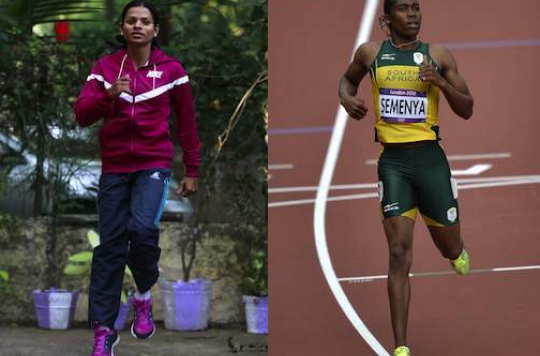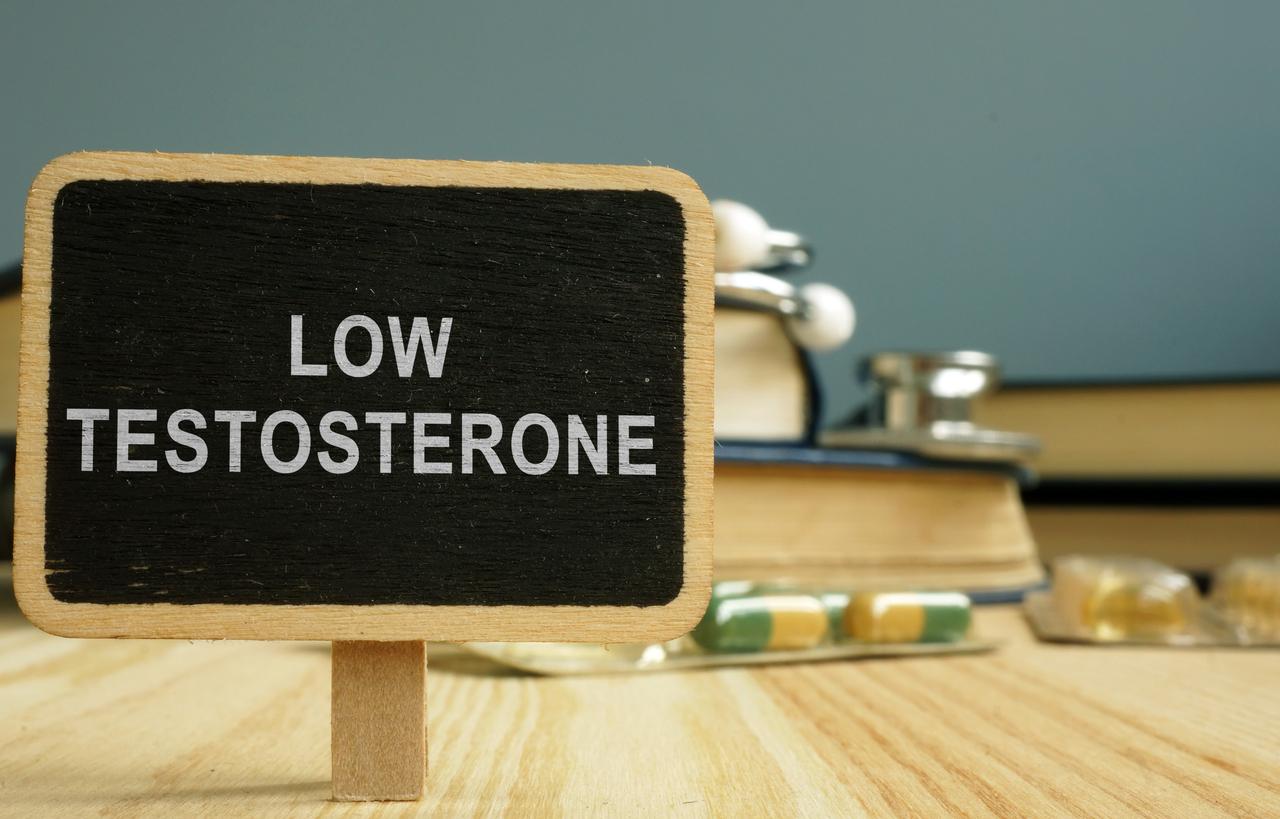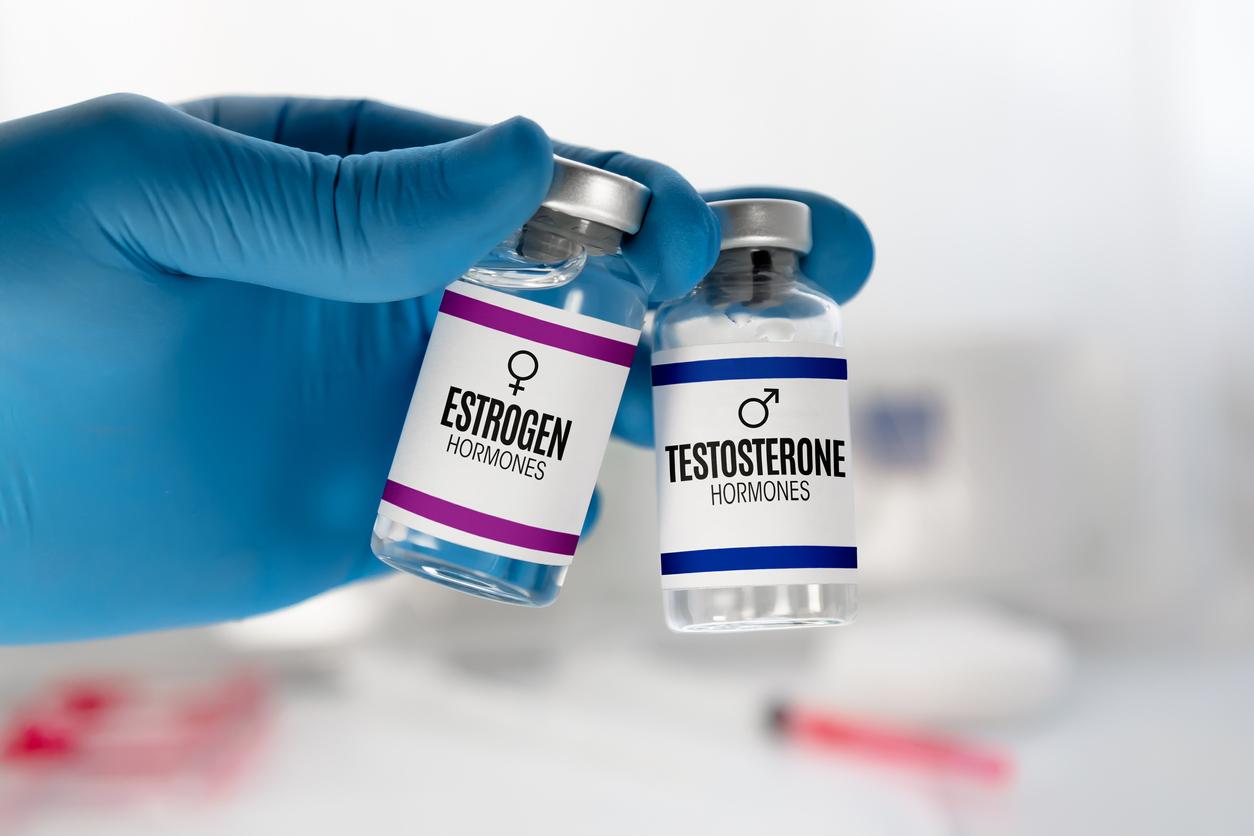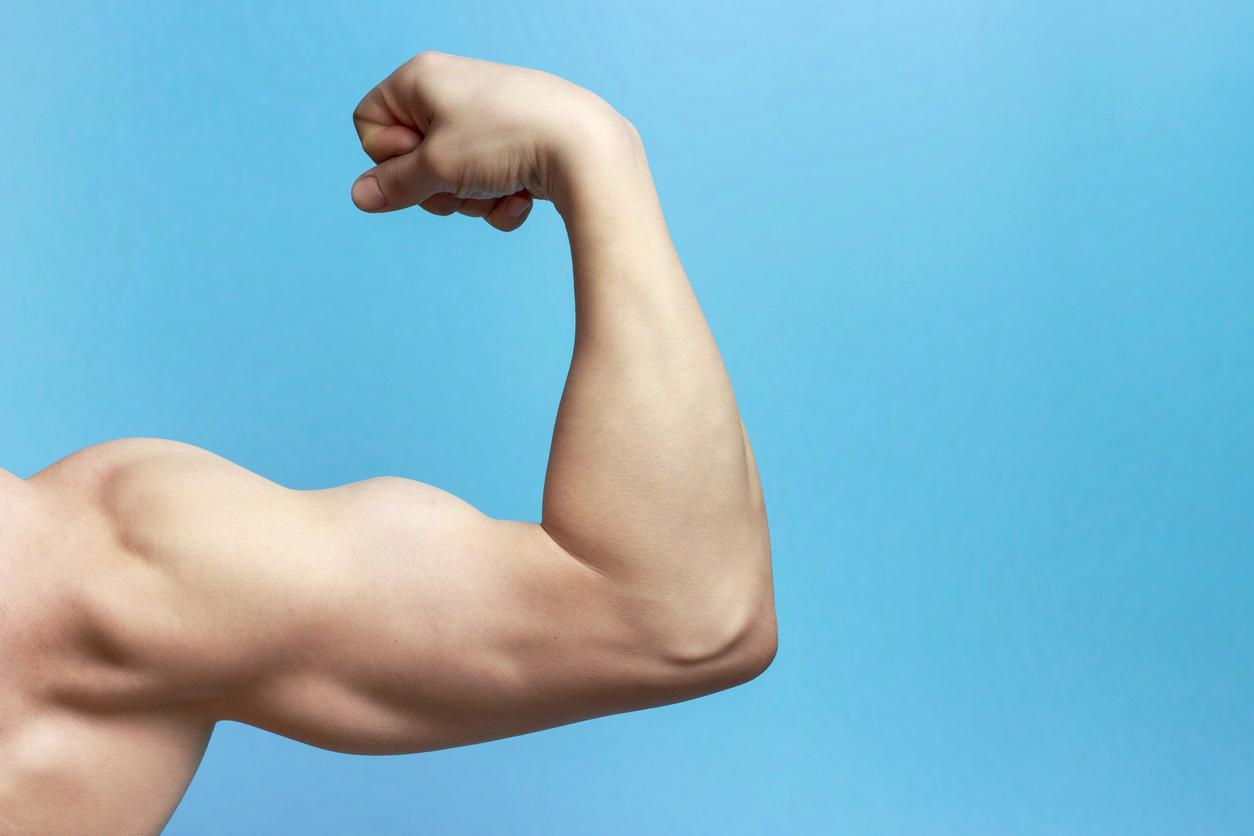A young Indian athlete has had a competition ban overturned based on her high testosterone level. A victory that calls into question this controversial test.

At 18, athlete Dutee Chand won a battle against the Indian Athletics Federation. Excluded from the competition because of an excessively high testosterone level in the blood, the young woman appealed to the Court of Arbitration for Sport (Lausanne, Switzerland). The verdict, made this July 24, asks the Federation to provide scientific proof that testosterone, when it is naturally present in women, influences sports performance. A pavement in a pond already shaken by various controversies, which the last FIFA Women’s World Cup did not escape.
Very different rates
The International Association of Athletics Federations (IAAF) defends itself in a press release any discrimination against Dutee Chand. The regulations in place “are based on a solid scientific consensus that the obvious differences between the sexes during sports performance are mainly due to a marked difference in the level of testosterone between men and women,” says the organization. . It even specifies the reference thresholds: the woman must not present a rate higher than the range of 0.1 to 2.8 nanomoles per liter of blood. Humans must have a level greater than 10.5 nmol / L.
The testosterone measurement is the most widely used method of verifying sex in professional sports. A document drafted by the International Olympic Committee (IOC) in preparation for the London Olympic Games (2012) specifies the regulations governing hyperandrogenism in women. The reference test will be the level of testosterone in the serum, he specifies. If it falls within male values, which are not specified, female athletes may be excluded from competition. The same measures are in force within the Fédération Internationale de Football Association (FIFA): Gender verification may be requested. The level of sex hormones is one of the decisive elements.
Costly and inefficient tests
The measurement of testosterone replaces a more controversial method: genetic analysis. Doctors then look for a structure, the Barr corpuscle, which indicates the presence of more than one X chromosome. The approach was eventually abandoned. But the hormonal test is also the subject of heated debate within the scientific community.
“The testosterone level would be the scourge of the right balance separating here, not as at the Last Judgment, the good from the bad, but the men and the women, analysis for Slate Prof. Jean-Paul Escande, former president of the French National Anti-Doping Commission. Does this “scientific” data really answer the question asked? Many attempts have been made to resolve the thorny issue of the distinction between men and women. “
Numerous, but inconclusive. And for good reason: they exclude the thorny cases of medicine. This is what is emphasized in a commentary published in 2000 in the JAMA : “In reality, sex verification tests are difficult, expensive and potentially imprecise, specify its authors. Further, these tests fail to rule out all potential impostors, discriminate against women with impaired sexual development, and can have devastating consequences for athletes who “fail” the test. “
Diseases not taken into account
Many professional sportswomen have paid the price, while exceeding standards is not uncommon. Endocrinologist Peter Sonksen conducted a study in 2000 with 650 athletes at the Olympic Games. the Slate American echoes the results, never published: 5% of women believe in masculine values… and 6% of men in feminine values.
The last problem relates to hormonal disorders or hormonal development. As specified Allodoctors, conditions of the ovaries or adrenal glands can affect testosterone levels. Some women, like Dutee Chand, have hyperandrogenism and show masculine signs. Others have congenital adrenal hyperplasia. Their genitals can then be ambiguous and visual examination is problematic. An enlarged clitoris will thus look like a small penis. Cases of androgen insensitivity syndrome have also been reported. Women then have a male pair of chromosomes (XY), but the body has female (genitals, breasts) and male (testes) characteristics. Testosterone is in female values.
In fact, no study has been able to show that natural testosterone levels actually influence athletic performance. “Current scientific evidence does not support the notion that endogenous testosterone level confers athletic advantage in a simple or predictable way,” points out a study in theAmerican Journal of Bioethics on the eve of the 2012 Olympics.
Eddies since the 1960s
In ancient Greece, the verification of sex is a question that does not arise. Women are not authorized to compete… Men participate naked in the various events.
In the 1940s, a partial solution was found: female athletes had to present a medical certificate attesting to their femininity. Things got complicated 20 years later. A clinical examination is now necessary, and women present themselves naked to a gynecologist who inspects their genitals. In 1968, the genetic test was introduced. Heavily criticized for 30 years, it ended up being withdrawn.
In 2008, a general strike caused a stir: during the African Cup of Nations (CAN), the Equatorial Guinean player Genoveva Anonma must undress to prove that she is indeed a woman. The following year, the case of Caster Semenya revived the debate at the World Athletics Championships in Berlin (Germany). The South African wins the gold medal in the women’s 800 meters. Suspected of hermaphroditism, she undergoes tests to confirm that she is a woman. The verdict banned him from competing for a year. The sanction is finally lifted.
In 2011, the International Olympic Committee (IOC) introduced the testosterone test as a test of femininity. Two years later, Park Eun-Seon made headlines. The one-meter-eighty Korean scores 19 goals in 22 games… and provokes the strike of her opponents, who refuse any competition until she has proven her femininity.
Last controversial step, the Dutee Chand affair. This Indian is the 100 meters champion in the under-18s. But she was suspended in 2014 by the International Athletics Federation, which judges her testosterone level to be more male than female. And for good reason: like Caster Semenya, she suffers from hyperandrogenism. The young woman is finally discupled by the Court of Arbitration for Sport (TAS), which asks the Federation to provide scientific proof of the effectiveness of the testosterone dosage.
.

















